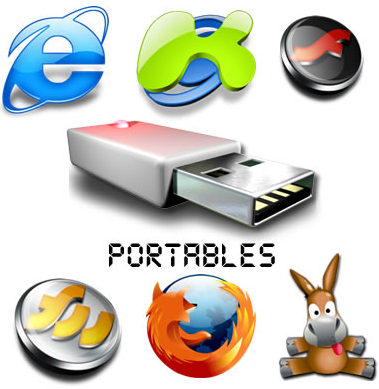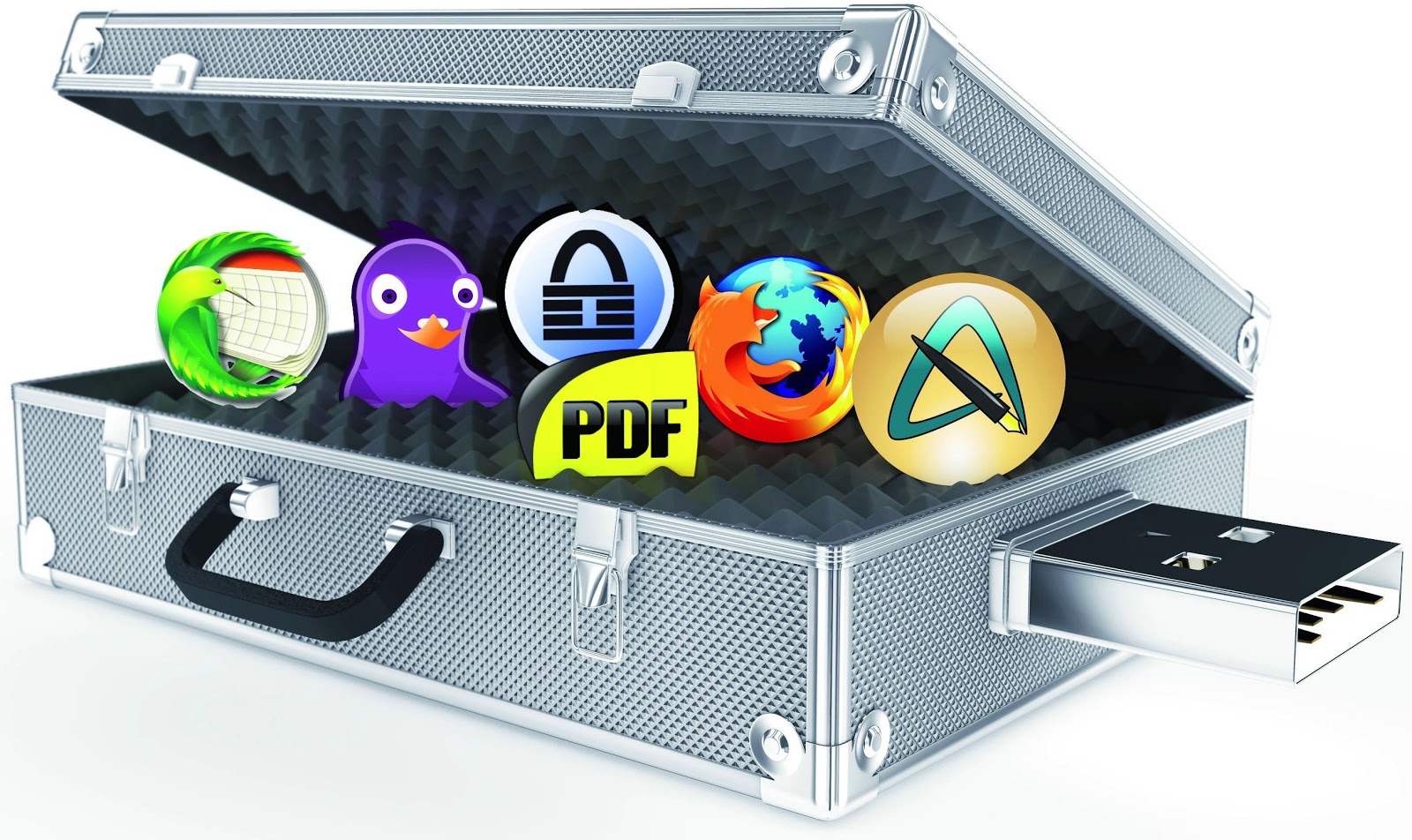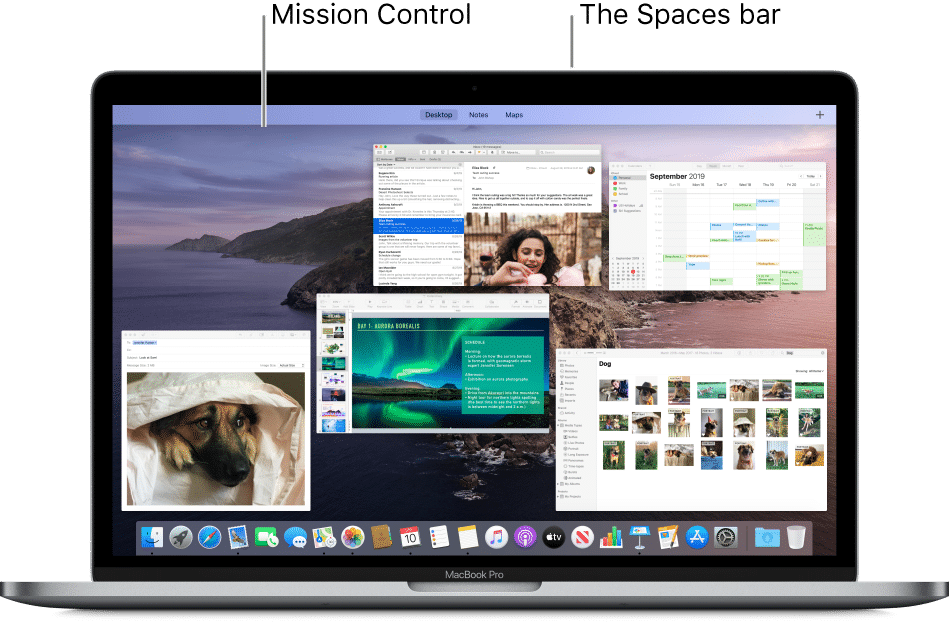
Installing and uninstalling software is routine for computer users, encompassing various applications like browsers, video players, and more. Increasingly, software is offered in a “portable” format alongside traditional versions. But what are portable apps exactly?
For those curious minds, this article delves into the essence of portable apps and their compelling advantages.
Decoding Portable Apps
A “Portable Application” is a software program that operates without installation on a computer. Unlike regular applications, portable apps refrain from writing to the Windows Registry or altering the computer’s configuration. They function from the hard disks of PCs/laptops or external storage media.
A portable app can exist as a single executable program or as a program bundled with configuration files, stored in a folder. In the latter scenario, any additional files generated during usage are also stored within the same folder.
Advantages of Portable Apps
Using portable versions of software applications offers numerous advantages over regular installable versions. Here are a few:
1. Portability
This is the essence of Portable Apps. A portable application can be copied to removable storage media (e.g., USB flash drive, memory card) and used anywhere. This is particularly beneficial when using public computers (e.g., in a library) where administrative rights for software installation are unavailable.
2. Consistent Program Settings Across Computers
Typically, we customize our favorite applications to match our preferences. Portable apps enable us to maintain this familiar environment across different computers. For instance, if you prefer Google Chrome, you likely have a selection of preferred extensions and bookmarks. By using the portable version of Chrome, you can access all your preferred browser settings wherever you go. This applies to other portable apps too.
3. Enhanced Security

Portable apps require no installation on a computer, leaving no traces or leftover files. For instance, using a portable app stored on a USB flash drive means closing the application when finished and taking the flash drive with you. Any additional files created are saved to the app’s folder on the USB drive, not on the computer, ensuring enhanced data security.
4. Avoid Repeated Installations and Configurations
Over time, our computers slow down, start throwing errors, and fill with unwanted junk files. Typically, you’d reinstall Windows (though refreshing or resetting is an option) to fix this. However, that means reinstalling and configuring all your apps, which is cumbersome. With portable apps, you can bypass this hassle. Simply copy them to a non-Windows partition or external media to keep them unaffected. Once Windows is set up and running, you can resume using them seamlessly. Pretty cool, huh?
5. Run multiple versions of applications simultaneously
Occasionally, you may require various versions of a program, perhaps due to a recent update removing a vital feature you frequently utilize. Typically, when software updates, it replaces prior versions. However, with portable apps, you can update the installed version to the latest while retaining access to an older portable variant (or vice versa). How convenient!
6. Sync Portable Apps to Cloud Storage Services
We all utilize cloud storage services now. Paired with portable apps, they enhance further. For instance, you can install the Dropbox sync client on multiple PCs and place portable apps in the Dropbox sync folders. Assuming the same Dropbox account is logged in on all PCs, you’ll have identical applications (and settings) on each, consistently.
Portable apps: Drawbacks
- Not all apps come in portable formats.
- In some cases, portable versions have limited features compared to installable ones.
- Some portable applications (e.g., Google Chrome) don’t update automatically. You must manually download the latest version each time.
- Apps requiring OS integration can’t run as portable.
- Portable apps run slightly slower from removable media than installed software.
Where to Find Portable Apps?
Several web-based sources offer the latest versions of various portable applications, often as collections of multiple programs. These encompass web browsers, games, office suites, antivirus programs, and more. Popular sources include PortableApps, LiberKey, and Lupo PenSuite. Also, explore our curated list of the 50 best portable apps.
Experience Convenient Computing with Portable Apps
Portable apps eliminate most hassles, such as installation and removal, associated with software applications. Moreover, they enhance your PC’s performance by avoiding interference with OS registry and configuration settings. Don’t hesitate – grab the portable versions of your favorite applications and share your feedback with us in the comments below.

Pritam Chopra is a seasoned IT professional and a passionate blogger hailing from the dynamic realm of technology. With an insatiable curiosity for all things tech-related, Pritam has dedicated himself to exploring and unraveling the intricacies of the digital world.



